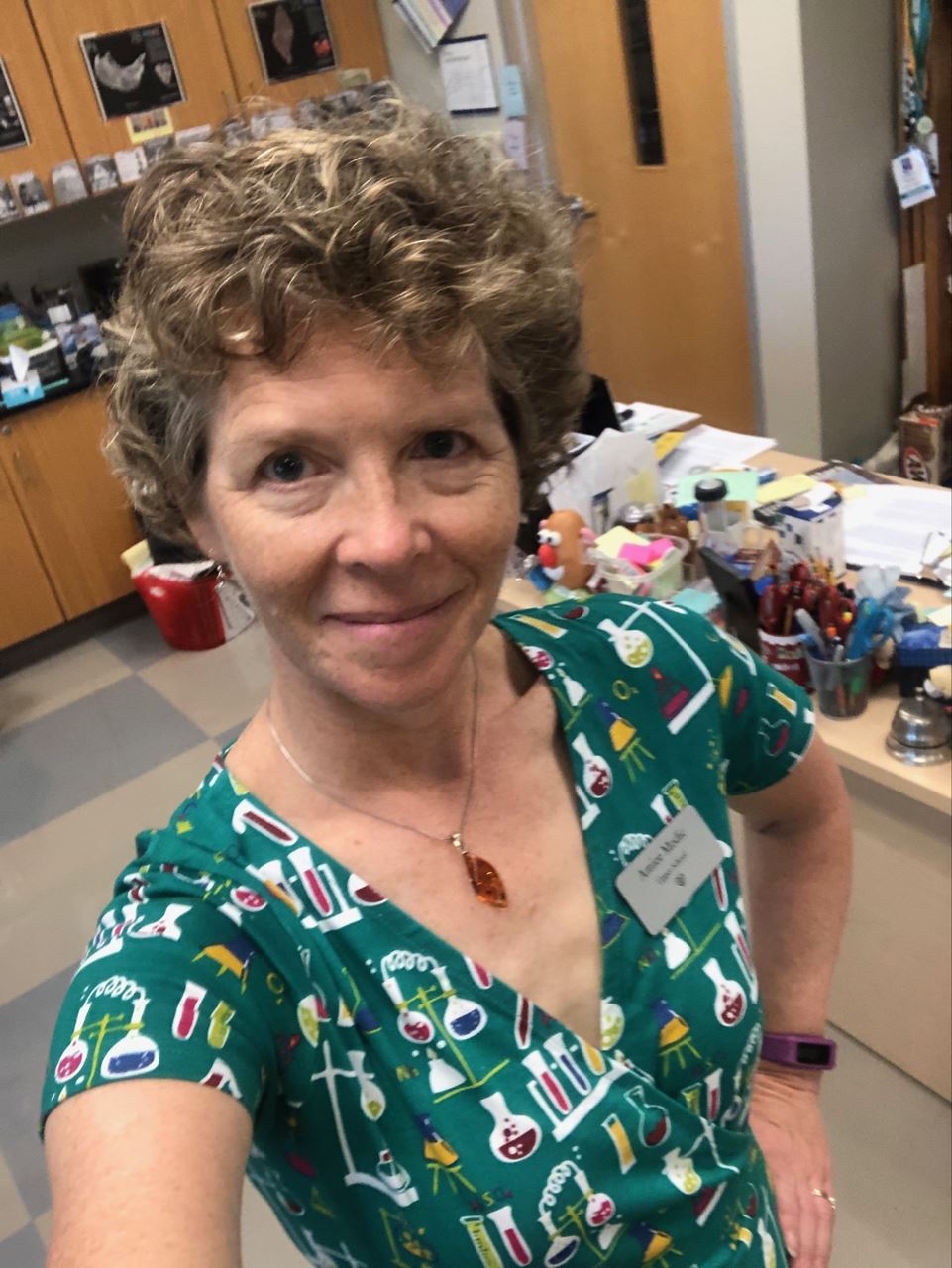Greater Houston SectionEstablished in 1917, the Section serves about 2500 members, consisting of chemists, chemical engineers and professionals in allied fields. The American Chemical Society is recognized as a world leader in fostering science education and research, and promoting public understanding of science. The Greater Houston Section of the American Chemical Society is one of 189 local ACS sections across the nation. |
2024 Pre-College Awards & Recognition Program
Celebrating the achievements of Greater Houston students in the US National Chemistry Olympiad, our annual Scholarship winners, and 2024 Project SEED participants. Parents/Guardians are invited to help us celebrate! Friday, August 2, 2024 6:30 pm - Social Hour (light bites served) 7:00 pm - Program St. John's School Chao Assembly Room 2401 Claremont Lane Houston, TX 77019 Kindly RSVP to Roxie Allen: rallenchem@gmail.com June Seminar with Dr. Raúl Hernández Sánchez of Rice University
We were pleased to showcase more Houston talent in the first of our June seminars as Dr. Raúl Hernández Sánchez, one of C&EN's 2023 Talented 12, joined us to talk about his work on non-covalent interactions as a design principle for novel materials. If you missed the live webinar, you can still catch the recording on our YouTube channel! June Seminar with Dr. Ravindra Aglave from Siemens Digital Industries Software
Dr. Ravindra Aglave of Siemens Digital Industries Software joined us to share how Siemens uses the concept of a digital twin in simulations to help develop new materials and address complex engineering challenges. If you missed the live webinar, you can still catch the recording on our YouTube channel! Celebrating Professional Excellence We are pleased to share that Amiee Modic was recently voted in as President-Elect for the American Association of Chemistry Teachers (AACT). She will begin her three-year presidential succession journey July 1, 2024.
Amiee is a chemistry teacher at Duchesne Academy of the Sacred Heart and an active member of the Greater Houston ACS section, serving on Education and Outreach committees (including NCW and CCEW), and promoting chemical education opportunities in the Greater Houston area and beyond. In 2019, she was honored as an ACS Fellow for her work in chemical education. | ACS-GHS Awards: Call for Nominations Recognize your peers for their outstanding scholarship and service to the ACS-GHS and our chemical community by nominating them for an award!
Direct inquiries and submit nomination packets to acs-ghs@acs-ghs.org by the specified deadline. Upcoming events
Kicking Off Project SEED for 2024 Project SEED has commenced for 2024 with a start date of June 10 and an end date of August 5, 2024. We are excited to partner with Sam Houston State University, University of Houston and Houston Electron Microscopy, Stafford, TX. Check out the Project SEED page for the list of our current mentors and students. More news to come! Heartfulness Yoga & Meditation Hosted by the ACS-GHS Senior Chemists Committee
L to R: Reggie, Venkat, Roopa, Corrin, Catherine, Carolyn, Peter & Simha The Senior Chemists Committee hosted a yoga and meditation event at the University of St. Thomas on Saturday, June 29, 2024. The session was conducted by Heartfulness.org. Ms. Roopa Naras who is a full time software professional and also a certified yoga & meditation trainer lead the chair yoga & meditation. Dr. Venkat Madabusi who is a fellow ACS Emeritus member and also a meditation trainer helped with questions the participants had. The program started with a few stretches followed by chair yoga & Heartfulness meditation. Participants discussed about how just a few minutes of meditation could help everyone perform better & help keep you grounded. The SCC hopes to offer more such sessions to ACS-GHS members in the future. 2024 US Chemistry Olympians Announced The American Chemical Society (ACS) has announced the team that will represent the U.S. at the 56th International Chemistry Olympiad (IChO), to be held in Riyadh, Saudi Arabia, from July 21 to 30, 2024. The members of 2024 Team USA are:
The first and second alternates are:
The ACS Greater Houston is proud of Mr. Anant Asthana of John Foster Dulles High School, who also participated in the 2022 and 2023 USNCO Study Camps before being selected for Team USA in 2024. Congratulations, Anant! We wish you best of luck in the international competition! |




